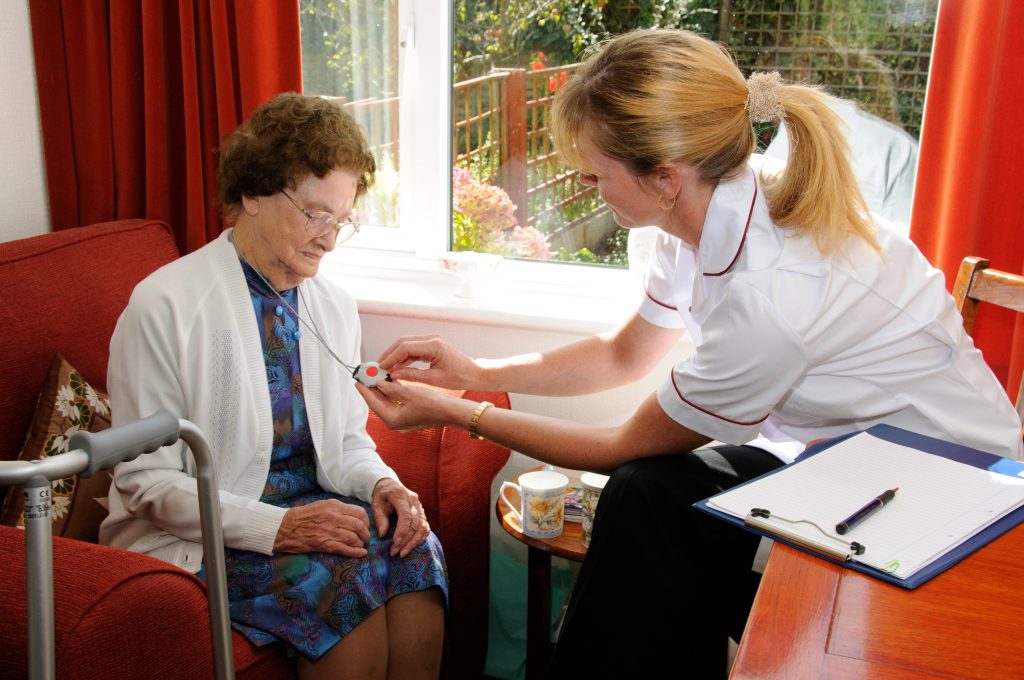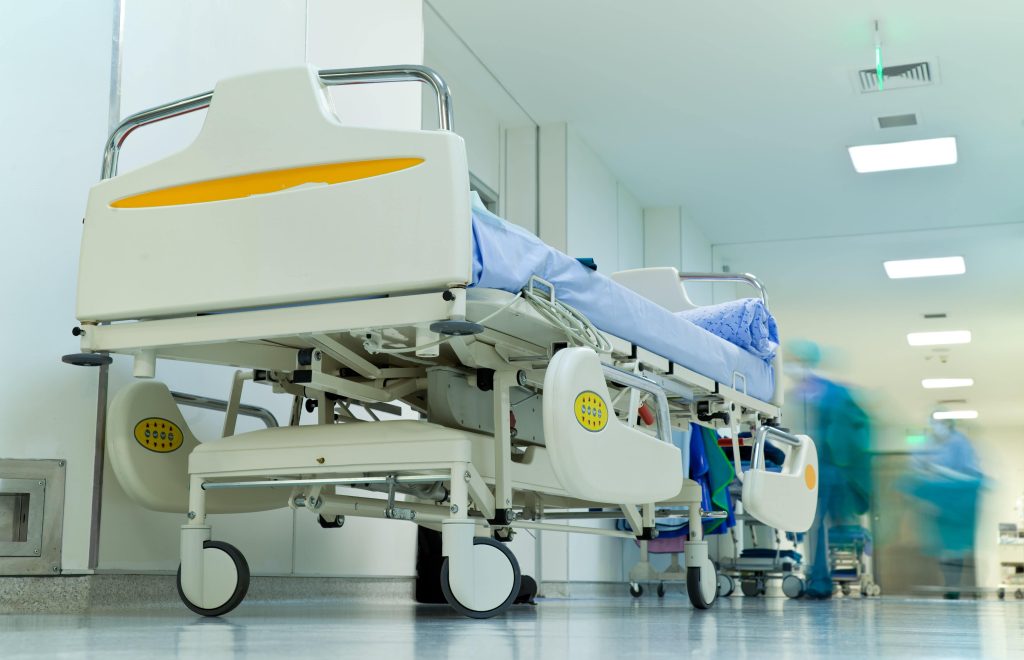How personal alarms can help the NHS
A personal alarm is a small device that, when activated, can make a noise or send a signal in order to alert relevant people that urgent assistance is needed. There are a couple of different types of alarms, and they may be used by all kinds of people with a wide variety of needs.
There are basic alarms, which are usually either worn as wrist or neck pendants, or built into a home as a permanent fixture, which can either make a loud noise or send a signal to a nominated carer, family member or emergency services.
There are also alarms with fall detection included, which will automatically trigger if they sense a fall, removing the need to press the button in order to alert someone. This can be invaluable if a person is rendered immobile and is unable to use a manual alert button.
So what are the benefits of switching to personal alarms, and can they really help the NHS? Keep reading for more info about these sometimes life-saving devices.
What are some of the benefits of using a personal alarm?
There are many benefits to using a personal alarm. One of the main benefits is the peace of mind that is gained from knowing that help is just a click away at all times. This benefit is not to be overlooked, as this reassurance can be a great solace to those who may find themselves in need of help, as well to their families and friends who can be safe in the knowledge that nobody is left completely isolated.

However, there are a few more practical benefits to using a personal alarm which we feel it is important to highlight:
- Increased rapid response
The main reason to carry a personal alarm is to make sure that help is able to get to you as quickly as possible. Especially with alarms with automatic fall detectors, getting a signal out to an emergency service or loved one as quickly as possible is vital to ensure the best chance of a quick recovery.
- Reducing the amount of time that a patient may need to be observed
The use of a personal alarm can result in faster discharge times, allowing people to spend less time in hospital and more time at home. Additionally, by giving people the peace of mind they need, they may find that they make fewer unnecessary hospital visits, as they are confident that they can get help if and when needed.
- Increased independence
As well as staying out of hospital, somebody who begins using a personal alarm may find their independence increase, because they no longer need carers or family members to frequently check in on them. This grants peace of mind to everybody involved and allows the user more freedom to do the things they love.
- Lower care costs
If you are paying for your care you may find that your care costs become lower after implementing a personal alarm, as it can reduce the need for 24-hour monitoring or even moving to sheltered accommodation.
How can personal alarms help the NHS?
Especially during recent years, when pressure on the NHS has been relentless, bed shortages are one of the biggest issues facing the organisation.
A shortage of beds means some people are not receiving the proper treatment they require, leading to more deaths and long-term suffering for those left behind. As well as this immediate effect of bed shortages, it can also be incredibly costly for the NHS, as resources are reallocated to try and plug the leak, leading to even more shortages and even more struggles to properly treat everyone.

However, as we saw in our list of personal alarm benefits, having emergency care at the end of a button click or an automatic sensor, you may be able to reduce the amount of time you have to stay in hospital and reduce the likelihood of readmission.
By often drastically reducing the length of hospital stays, whilst also reducing hospital readmissions, the NHS can help to keep beds free for those who have a greater need for round-the-clock hospital care.
Conditions vary in their risk factors and their likelihood of needing emergency intervention, so by allowing doctors, nurses and other hospital staff to prioritise who needs the highest levels of care, everybody benefits. People for whom personal alarms are an option get to stay out of the hospital and in the comfort of their own homes for longer, and the NHS gets to save money and beds for those in more need.
The more people who start using a personal alarm, the more likely that there will be a free hospital bed waiting for them if and when they eventually need one.


